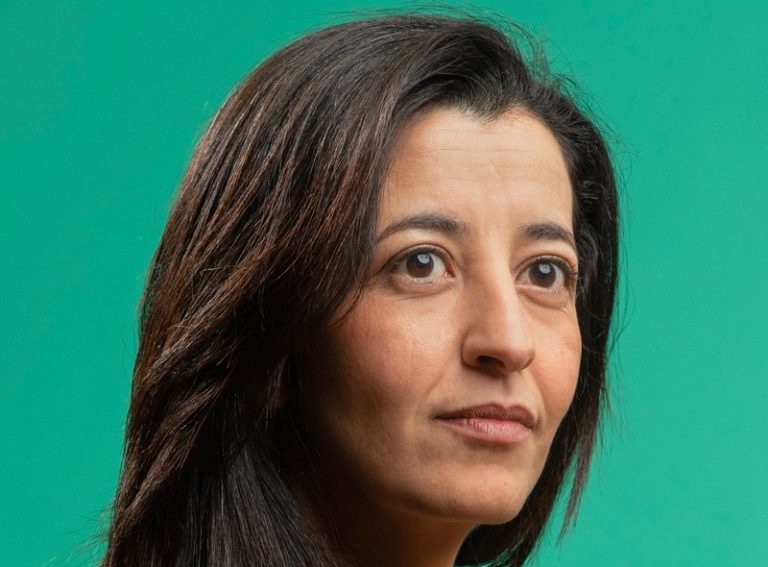When the contract for Paris’ beloved Vélib bike share system came to an end in 2017, the entire 24,000-strong fleet of functioning bikes had to be replaced within a year.
“Unfortunately, that is often the reality of the industry today,” Kristian Brink, CEO of global micromobility software platform Urban Sharing, tells Zag Daily.
Operators then typically have four choices. Transfer their used vehicles to other markets, donate them to areas with poor cycling access, recycle them or, if none of these options are viable, they may be forced to send them to landfill.
“Our mission is to not let perfectly good bikes go to waste when a public contract ends or depreciation time hits,” explains Brink.
“Rather than overhauling an entire fleet, we are the migration specialists giving these bikes a second life by upgrading a system’s software while still being compatible with the legacy hardware. We can change the back-end without changing the vehicle itself.”
The migration in action
Urban Sharing’s product consists of two fleet management solutions – Urban Fleet and Urban Crew.
Using Urban Fleet’s three unique modules, operators can understand the history and real-time status of their vehicles, manage sales and financial actions like transactions, refunds and B2B partnerships, and conduct required maintenance on the fleet.
Urban Sharing’s first case as a migration specialist was in Oslo when the city’s bike share system of 10 years came to an end in 2015. On this occasion the city kept the same fleet of 3,000 bikes but upgraded the 250 bike share stations for a safer locking solution.
In came Urban Sharing, which built its platform around the station software and provided a brand new cloud solution with a new app, website, and back end. Or in Kristian’s words: “That was the genesis of Urban Sharing.”
Fast forward to 2021 and the company perfected its solution in Milan when it transitioned the city’s BikeMi fleet of 6,000 bikes and 600 stations with not a single change to the hardware.
In Verona, Urban Sharing provided a cloud based solution to the bike share system which, at the time, didn’t have an app rental option and was entirely card based, as was the case in Milan.
“Both Milan and Verona had no virtual bike stations. Once those bike share systems migrated over to our software, we were able to free them from their station chains.”
The bike share system in the Finnish city of Tampere had been increasingly recording reports from users that their end of rides weren’t accurately registering on the system. Within one month, all of the fleet’s 700 bikes were migrated onto Urban Sharing’s software leading to a spike in user ratings.
“The migration is basically a way to free the possibilities and give a new life to perfectly functioning systems.”
Three key benefits
Migrating shared micromobility systems as Urban Sharing does has three key benefits.
First, it upholds the industry’s commitment to sustainability. “We’re working towards a future where cities and operators don’t need to replace all their vehicles when they want new technology,” Kristian says.
The knock-on effect benefits the end-user and maintains a high-quality user experience. Though changes may be happening in the background with contracts ending, operators leaving markets and new operators entering, Kristian says that nothing should change for the end user.
“The only difference the user will have is they’ll pick up their phone and see they have an updated 2024 app with a similar experience offered by other advanced mobility apps.”
In the long-term, a smooth and undisrupted user experience will facilitate the continued expansion of the shared micromobility system and support the city in its modal shift from cars to new forms of mobility.
The third benefit of migrating shared micromobility systems is for operators. Not only do former operators no longer need to remove their vehicles from a market once the contract ends, but there will be more instances of operators entering markets and not needing to come with their own hardware.
“It’s a cost-efficient solution which increases the profitability of operators.”
A shift towards industry specialisation
According to Kristian, cities have historically relied on companies that offer bikes, stations and software in a bundle solution.
“Initially, it sounds easier to go with a 360 company that seems like they can offer cities the whole package. But it ends up coming at the detriment of the city, because when you need to replace only one part of the triangle, these players will only offer their entire solution.”
Not only does it make managing shared micromobility systems less cost-efficient, but Kristian also believes bundled solutions to be of a lower quality.
“When you’re good at everything, you end up bringing the top-notch solution for nothing. You just bring out the average.”
Therefore, Urban Sharing is working towards facilitating a more specialised shared micromobility industry and believes this will be the natural evolution for the sector as shared micromobility systems become larger and more complex.
“You’ll still have companies that continue to offer the whole value chain under their own brand, but you’ll start to have more companies working under the philosophy that you can have different pieces of hardware running with different software in the background.
“As the bike share industry consolidates, there will be more of this specialisation and I think that’s a healthy development for the industry.”
The impact of this specialisation will be a more competitive tender process.
“We’ve had years of 360 players trying to give the entire bundle. But if you separate bikes, stations, and software and create an entrepreneurial ecosystem in each one of them, then you foster more startups and innovation in the industry.
“More competitive tenders with more participating companies will affect the economy as it usually does – a decrease in prices which will only be to the benefit of cities, operators and end-users at the end of the day.”





